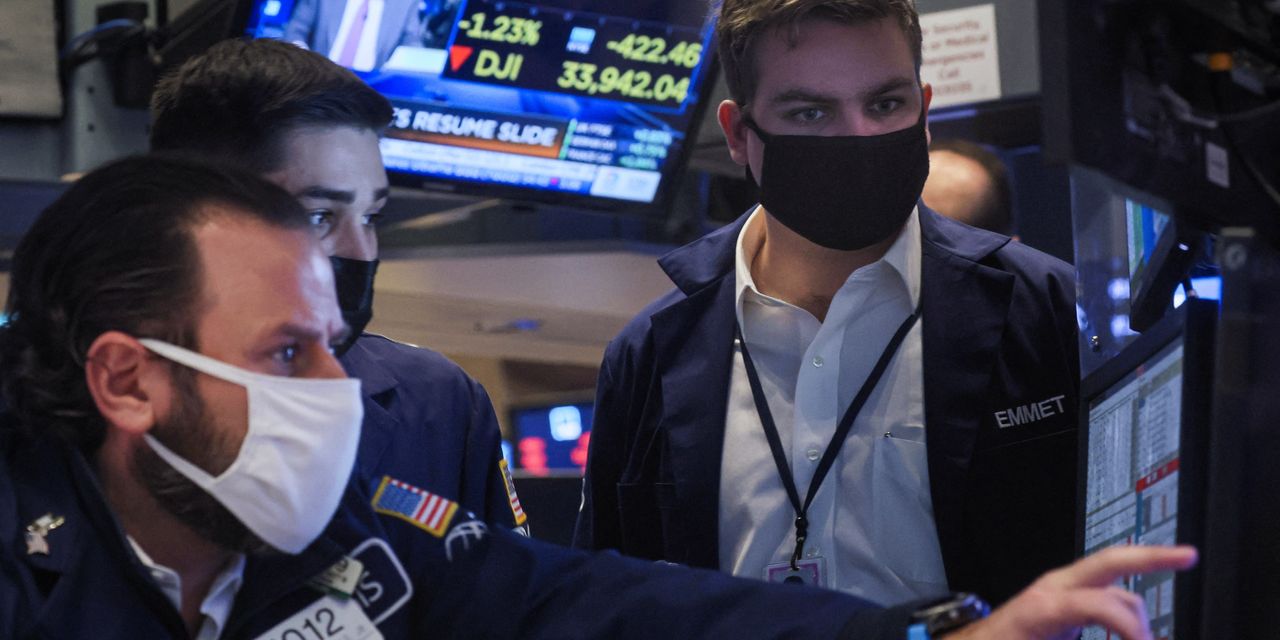
It isn’t investments that get tested in turbulent markets; it’s investors.
In midday trading on Monday, the Dow Jones Industrial Average sank more than 1,100 points and the Nasdaq Composite Index crumbled nearly 5%. They recovered to close slightly up for the day, then sank again early Tuesday before clambering back. The Nasdaq Composite Index is down roughly 12% so far this year.
These steep drops came after almost two years of a nearly relentless rise in prices—even for many stocks that professional investors regarded as garbage. After such widespread gains, small declines loom larger than they do when losses occur with more-typical frequency.
Above all, what matters isn’t what the market does—but what you do in response.
As I wrote in 2014:
Individual investors should tune out the futile efforts by commentators and strategists to extrapolate the market’s latest swings into a prediction of what will happen next. Instead, use the recent volatility to make an honest reassessment of what kind of investor you are and how much risk you can stomach….
If you have been glued to financial television or websites, fixated on the sight of falling arrows and reddening charts, then this year’s short-term turbulence already has told you something about yourself that has enormous long-term importance: You probably have too much in stocks.
That is especially true if you retreated in early 2020; the best guide to how you will behave in the next crash is how you acted in the last one. If you can’t take the pain, you should feel no shame about staying on—or moving to—the sidelines.
Whether you cut back on stocks or not, the more frequently you check how your portfolio is doing, the more volatile it will feel. Try turning off your phone, putting it in another room, taking trading apps off your home screen—anything to form positive habits and improve your investing hygiene.
On the other hand, if you can control it, fear is “the best fertilizer for future bull markets,” as I wrote in 2011.
Market panics are the indispensable hygiene of markets, the natural way overvalued assets come back into line, making future returns more attractive.
Every investor should be thankful that stocks do go down, for two reasons.
First, if stocks always went up, they would be riskless—and their returns would end up being paltry. The short-term pain of loss is the price we pay for the potential for meaningful long-term gain.
Second, if you have plenty of cash and courage to withstand further declines, other people’s fear could be your cue to act. As I wrote in 2009: “It is sometimes said that to be an intelligent investor, you must be unemotional. That isn’t true; instead, you should be inversely emotional.”
That means market declines don’t have to be a cause of consternation. They can be an opportunity.
Write to Jason Zweig at [email protected]
Copyright ©2022 Dow Jones & Company, Inc. All Rights Reserved. 87990cbe856818d5eddac44c7b1cdeb8
Appeared in the January 26, 2022, print edition as ‘You Should Sit Out the Mayhem As Turbulent Markets Present Test.’








